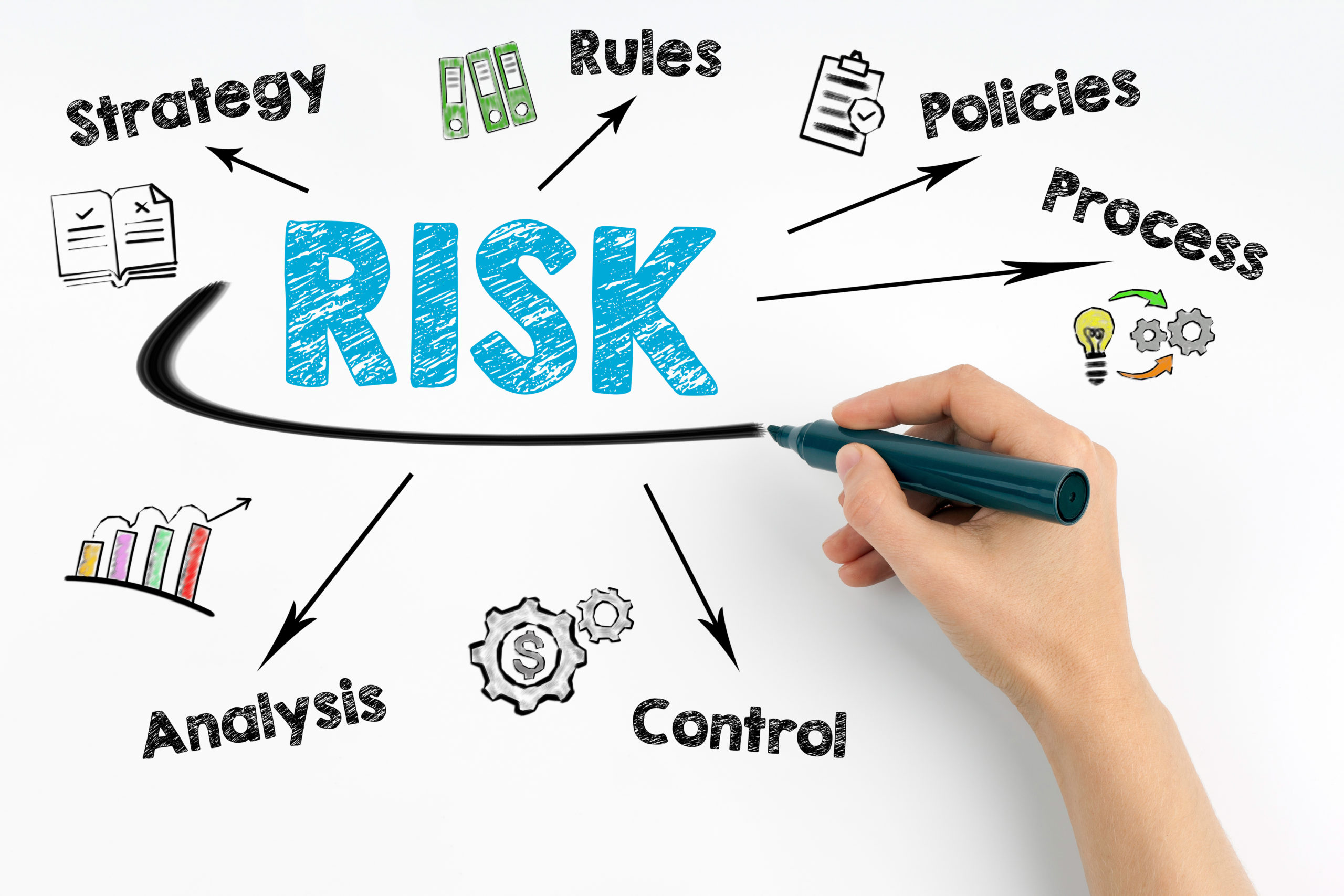In a recent article, Allianz have identified the top corporate perils based on the insight of risk management experts from around the world. Below the risks have been ranked most important by respondents within the UK.
1. Cyber Incidents / Changes in Legislation And Regulation
As cyber incidents are ranking as one of the highest risks, it proves concern about the matter is not going away any time soon. Each year, further examples of virtual disasters that cost businesses thousands – if not millions – of pounds in recovery action, compensation payments and promotion activities designed to keep customers on side in the aftermath, are becoming apparent.
Brexit is likely to be a significant contributory factor in anxiety about changes in legislation and regulation, market volatility and macroeconomic developments. Since its unclear (at the time of writing) what deal, if any, will be accomplished before the UK exits the EU (and whether it will even be cancelled), businesses and families alike are stockpiling as fears escalate about the consequences of ‘crashing out’.
2. Business Interruption
For similar reasons to the above, business interruption maintains it’s third place position, in comparison to 2018, as concern about possible supply chain disruption won’t ease while Brexit negotiations continue to be at an apparent deadlock.
3. Market Developments
4. New Technologies
Although the EU withdrawal process is a key factor, it cannot be given all the blame for any of these issues. The Salisbury novichock poisonings stirred up awareness of interruption when footfall around the city fell dramatically, and, alongside Brexit, markets are being disrupted by new technologies and the rapid growth of associated start-ups.
5. Loss Of Reputation Or Brand Value
Loss of reputation or brand value has moved down the list, possibly due to the resilience displayed by some of the big names that have faced highly publicised crises in recent years.
6. Fire Explosion / Natural Catastrophes / Shortage Of Skilled Workforce
Meanwhile, fire and explosion, which was reintroduced to the top ten last year (after three years of not featuring), has crept up from ninth to share seventh position with natural catastrophes and shortage of skilled workforce. The Grenfell Tower inquiry has rather quietly been rumbling on, but to those who’ve been following it closely will know that it’s becoming clearer that action needs to be taken to address a wide range of problem relating to fire safety and, in the meantime, anxieties about a repeat incident grow.
Natural catastrophes, a newcomer to the UK’s 2018 list following a two-year absence, have maintained seventh place, albeit with a fall in respondents flagging it as a hot topic.
Technological developments, such as artificial intelligence, autonomous machinery and vehicles and 3D printing, are spurring concerns that workforces and business processes aren’t keeping up. Due to this, business leaders are becoming increasingly fretful about a shortage of skilled workforces, hence, after a brief hiatus, it leaps back into the UK’s top ten, landing a share of seventh position. Although, of course, Brexit may be proportioned just as much accountability since many employers worry that it’s going to get more difficult to fill vacancies if the prospect of relocating to the UK becomes less attractive to international candidates.
7. Macroeconomic Developments
For the full global Allianz risk barometer 2019, along with the risk barometer methodology, please visit the Allianz website.
